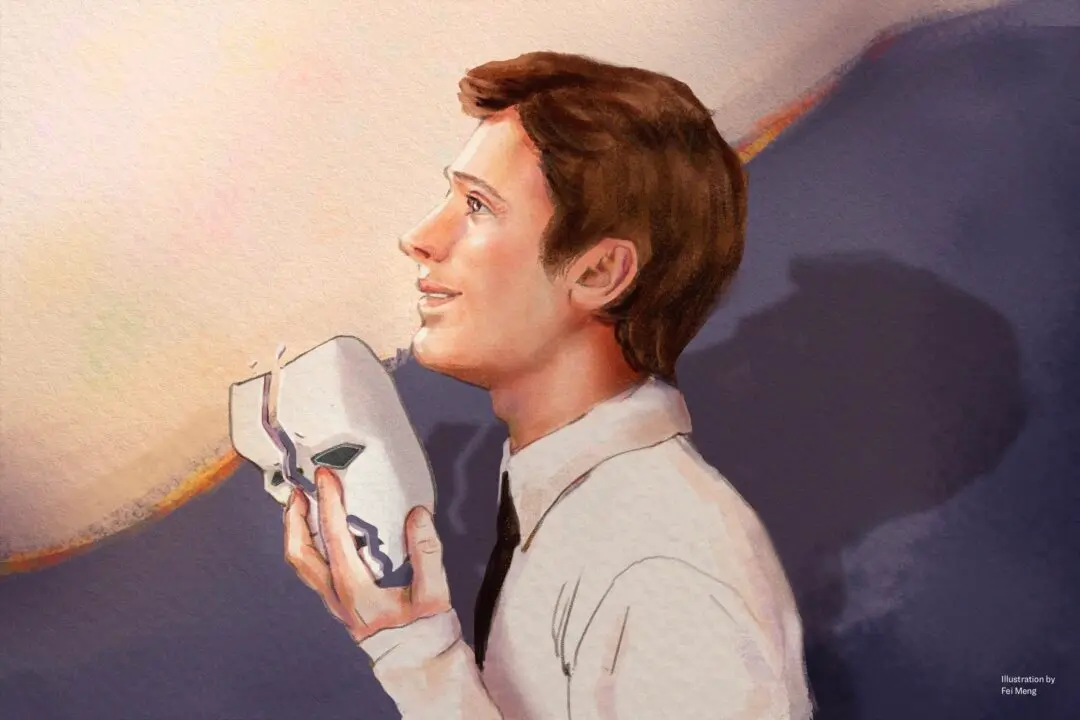“My hands were clammy,” John recalled. “I felt lightheaded, jittery—completely stuck. I had just been laid off and sat outside my office, trying to decide what to do next. Part of me wanted to run away. Part of me wanted to do nothing. And part of me wanted to fix it—now—before things got worse.”
Like John, a twenty-something encountering perhaps his first major life challenge, we often feel both anxiety and apathy battling for control when life throws curveballs. What we do next determines everything.
“Fortunately, I called my friend Adam, a no-nonsense guy. ‘Looks like you need to find something better. Start there. Hope you figure it out in time to pay your bills,’ he said bluntly. That was the nudge I needed. I spent the next few hours searching job sites and sending out applications. By nightfall, I had real options. That frenetic afternoon led to a career shift I never expected—but ultimately needed.”
How Anxiety and Apathy Shape Decision-Making
When we aren’t sure about the path forward, unpleasant circumstances often evoke both anxiety and apathy. Anxiety is a state characterized by excessive worry, heightened perception of potential threats, and discomfort with uncertainty. Whereas, apathy is marked by diminished motivation and goal-directed behavior associated with uncertain beliefs about action outcomes and a preference for “staying put” rather than exploring new possibilities.Researchers asked 1,001 participants to play a game in which they had to guess a winning color. Players bet on red, blue, or green and, after selecting their choice, were told whether they would receive a reward or not. Each color’s odds changed each round, and players had to adapt.
Why would a game like this make people anxious or apathetic? The key to the study lies in the players and not the game itself. Researchers surveyed participants and selected the top and bottom 25 percent of most or least anxious and apathetic players, which allowed them to view how even subtle differences in perception can shift decisions under uncertainty.
Anxious participants saw the game as unpredictable and frequently switched their choices, trying to stay ahead of change. Apathetic ones saw it as random and stopped exploring new options, sticking with familiar choices even when losing.
The experiment mirrors real life. At the precipice between anxiety and apathy, there is a perceptual divide. Anxious people view their environment as uncertain but attempt to account for it by doing more. Those who are apathetic don’t believe their actions will make much of a difference and disengage.
At the core, the difference is agency—the belief that our actions matter.
In the brain, volatility—so long as it’s not overwhelming—can often be the catalyst for learning.
Apathy, in contrast, can conserve energy—but at the cost of missed opportunities. Of course, sometimes taking “a step back” or “taking a day” might be the right move—it all depends on your circumstances.
The authors remarked, “If outcomes seem random and beyond our control, expending energy to explore may seem futile, and focusing on what we know seems rational.”
How Perception Reinforces Resilience
In psychology, there is a concept known as locus of control. An internal locus of control means you believe your actions shape your future. An external locus of control means you see events as outside your influence. When faced with a challenge, people with an internal locus of control are more likely to keep searching for solutions. Those with an external locus of control are prone to acquiesce, believing that effort won’t change the outcome.Navigating Uncertainty: Practical Strategies
Learning that you have options in how you perceive uncertainty, and thus your response, is the first step in self-awareness. Consider these strategies the next time the path forward appears foreboding and unclear:When Feeling Anxious
- Recalibrate your volatility gauge: Anxious minds often overestimate how quickly things change (volatility). Practice asking yourself, “Is this situation truly as unstable as I feel it is?”
- Develop uncertainty tolerance: Rather than immediately seeking certainty when feeling anxious, try sitting with uncertainty for short periods, gradually building your comfort level.
- Create coping cards: When feeling overwhelmed by uncertainty, have a pre-written plan: “When I feel anxious about unpredictable outcomes, I will remind myself that not all change requires immediate action.”
- Practice longer-term information integration: Instead of reacting to each new piece of information, try gathering data over time before making decisions.
When Feeling Apathetic
- Strengthen perceived control: Break tasks into smaller, more manageable steps where you can see direct cause-and-effect relationships between your actions and outcomes.
- Build efficacy beliefs: Celebrate small victories to reinforce that your actions do matter and can influence outcomes.
- Gradually increase exploration: Challenge the perception that outcomes are purely random by deliberately trying new approaches in low-risk situations.
- Keep an evidence log: Document instances where your actions directly led to positive outcomes to counter the belief that events are mostly due to chance.
For Everyone
- Use emotions as information: Remember that mental states like anxiety and apathy are useful signals, not just reactions. Ask yourself, “What is this feeling telling me about what I need?”
- Reframe uncertainty: Instead of seeing uncertainty as a threat (anxiety) or proof of meaninglessness (apathy), try viewing it as a challenge and opportunity for learning and growth.
Final Thought: ‘Do the Next Right Thing’
The next time you face an unclear path, ask yourself:- Am I overestimating threats? (Anxiety)
- Am I underestimating my power? (Apathy)
- What’s one move I can make right now to learn more?







